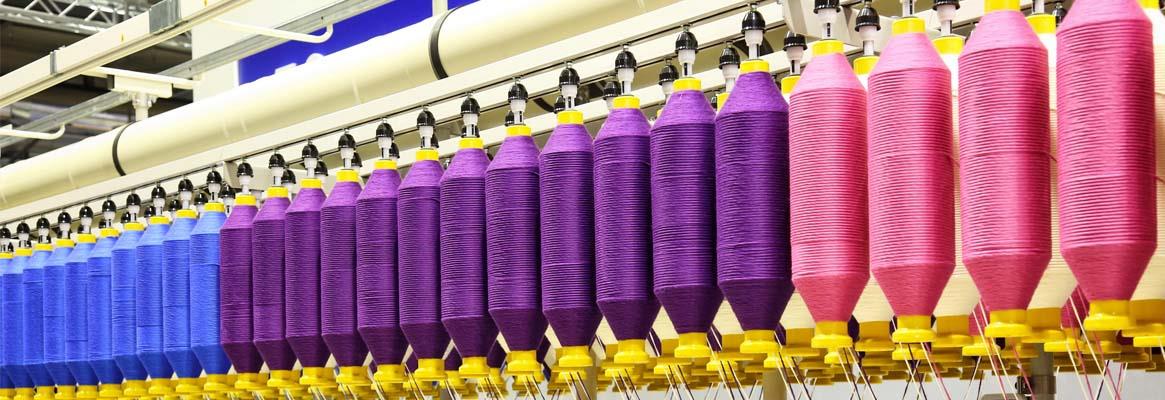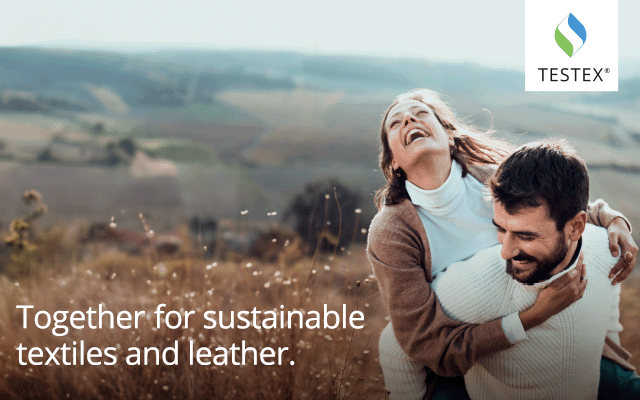EU-Mercosur FTAopens opportunity for textiles industry
Euratex welcomed end of negotiations for a Free TradeAgreement (FTA) between EU and Mercosur (Argentina, Brazil, Paraguay andUruguay). The EU-Mercosur FTA is the largest trade agreement ever concluded bythe European Union, covering a population of 780 million. This agreement willsave European companies over €4 billion in duties. For the textile and clothingindustry tariffs have been very high, reaching 35 per cent in Brazil…
Textile care label key in European buying decisions
Europeans appreciate their clothes and wish to keep themfor as long as possible; they are concerned about the durability of theirclothing and pay great attention to their care instructions; and for a vastmajority, the textile care label plays a crucial role in the purchase decision,according to results of the second European Barometer for 2019. Seventy percent respect their textile’s label’s guidelines; eight out of ten consider thetextile care label useful; and, seventy-five per cent would never (or rarely)buy a garment without care instructions. Paris-based GINETEX, the InternationalAssociation for Textile Care Labelling, conducted the survey in France, theUnited Kingdom, Germany, Italy, Sweden, the Czech Republic and Spain.
France to lead global fashion sector sustainability drive
OECD sees global growth slowing as Europe weakens
G20 nations impose 28 new trade-restrictive measures
UK manufacturing much greener compared to overseas
UKFT opens online consultation for occupational standards
Oeko-Tex updates Standard 100
Marketers upbeat on Brexit
German textile short-time work
Short-time work in German industry has been concentratedin eight sectors to date, according to a survey by think-tank IFO Institute. Aquarter of companies in the textiles sector and 18 per cent of firms in theleather, leather goods, and footwear sectors have introduced short-time work.The average for the German manufacturing sector is 3.8 per cent. Industriesthat are important for Germany, such as automotive, mechanical engineering, andchemicals, will be hit harder.
To readmore subscribeto January 2020 edition of Fibre2Fashion.
For queries &brickbats, write to: richabansal@fibre2fashion.com










Comments